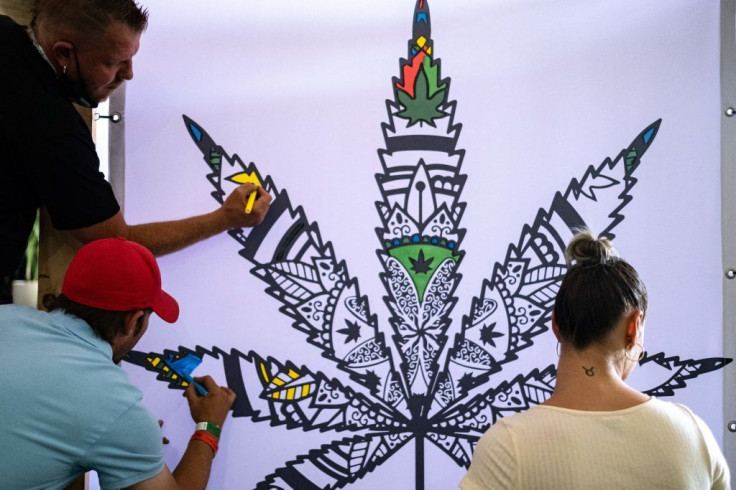
A recent study has revealed that cannabis use may affect nightly sleep duration in adults. The research published Monday found that adults who use weed for 20 days or more in a month are more likely to lose hours of much-needed shut-eye.
According to the study published in BMJ journal, sleep specialists said adults who turn to cannabis as a sleep aid may be in a gray area as to whether weed actually improves or harms one’s quality of sleep.
The study showed that adults who used weed for 20 or more days in a month were more likely to sleep less than six hours a night and about 76% more likely to stay in sleep mode for longer than nine hours. Longer sleeping hours don’t necessarily mean quality sleep. The optimal sleeping hours for adults as defined by the US Centers for Disease Control and Prevention (CDC) is a solid seven to eight hours.
The study showed how moderate consumption of weed, which brings this to less than 20 days in a month, caused no significant sleep problems in individuals but were found to be 47% more likely to hit the hay for more than nine hours a night.
Persons who are in the habit of sleeping less than seven hours or longer than eight hours have been associated to be at risk of heart attacks and strokes. This also includes a progression of diabetes, coronary artery disease, and other cardiovascular diseases.
Analysis on the use of marijuana for sleep in a group of 21,729 adults who were between the ages of 20 and 59 was considered to be representative of about 146 million Americans suffering from lack of quality sleep. CDC data records that one in three Americans do not get enough sleep, with 50 to 70 million struggling with sleep disorders such as sleep apnea and restless leg syndrome.
Study author Calvin Diep, who is a resident in the department of anesthesiology and pain medicine at the University of Toronto explained their study does not clearly hit the nail because the study group who used weed also complained of sleep troubles.
A double-blind, placebo-controlled study found there were no significant improvements in CBD-induced sleep whereby others who are withdrawing from nightly use of weed also contributed to high rates of insomnia.
Dr. Bhanu Prakash Kolla, a sleep medicine specialist in the Center for Sleep Medicine at the Mayo Clinic in Rochester said that people who initiate marijuana use could feel some benefit in the immediate short term. However, he added that there is no good quality evidence to suggest that cannabis helps in improving sleep duration or sleep quality.
People who stop using cannabis after a period of regular use are bound to experience withdrawal effects from weed, which subsequently can cause sleep disruptions. This, Kolla said, leads people to believe that cannabis in all its forms actually helps them sleep when in fact they are only going through withdrawal symptoms.

© 2025 Latin Times. All rights reserved. Do not reproduce without permission.




